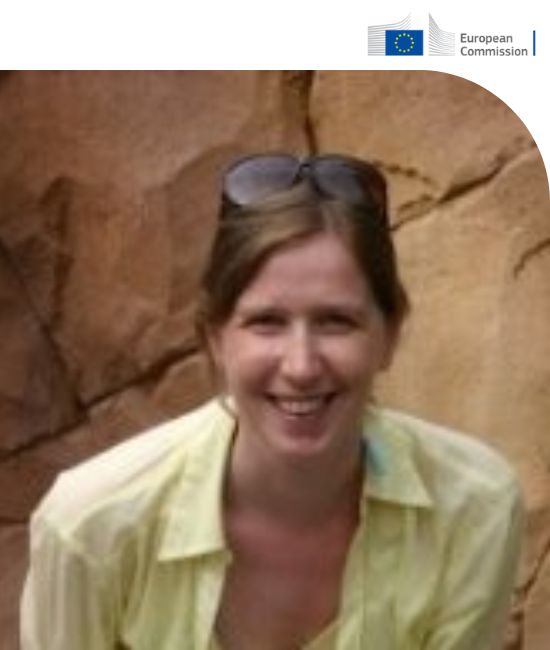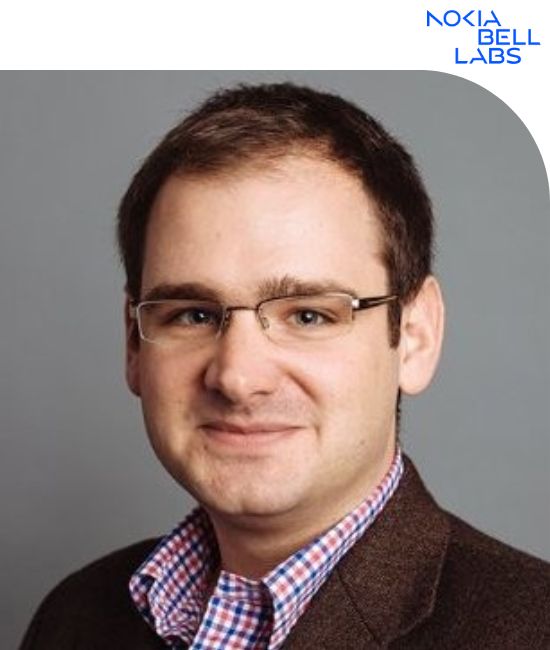16:05 - 17:00
Elizabeth Baron | Immersionary Enterprises
Lisa Maria Wurzinger | Arrival.Space
Description
Join this diverse group of experts who will debate the various facets of building a future where humans and machines collaborate seamlessly, and XR is the de-facto standards policy for realizing insight for manufacturing, social XR, design, engineering, training, and more.
New processes and methods of communication are being enhanced or formed around a sensational array of technologies. From generative AI systems such as Stable Diffusion (Image Generator) and ChatGPT (Large Language Model) to XR innovations with high visual quality headsets and the efficiencies of cloud computing for rendering, we are experiencing a tsunami of tools that hold the possibility to leapfrog current capabilities.
The discussions will revolve around this fundamental question: how might we create a system using the best of AI and XR to solve current challenges in the industry, given current limitations?
Speakers





Related Sessions
10:05 - 10:30
Description
WebXR offers advantages over native. What if we could just put a native Meta Quest 2 game on the web and gain those advantages? It would not perform well--or would it? Come visit our talk to answer all these questions and many more. WebXR is ready. We will show you.
Speakers


10:35 - 11:00
Description
Easy to build, fun to use: join the session to get to know Dual Render Fusion – the latest feature of Snapdragon Spaces™ XR Developer platform. Created for mobile and XR developers, the feature makes it easier than ever to build and port existing mobile apps into headworn AR.
Speakers

11:05 - 11:30
Description
From her background as a product designer, Tamiko Thiel brings a focus on user experience, bodily engagement, spatiality and social content into her VR artworks (since 1994) and AR artworks (since 2010). In this brief overview of a diverse cross section of her works, she will talk about the key considerations that drove her explorations of the unique possibilities of XR, and the aesthetic and experiential development of her artworks.
Speakers

13:00 - 13:25
Description
The Open Geospatial Consortium (OGC) is an international Standards Development Organization focusing on development of community and consensus-based standards for geospatial data and services since 1994. Over decades, the OGC members and community have been developing standards to describe the many dimensions of the “real world” on Earth (and in space). Since 2012, many OGC standards working groups have focused on Augmented Reality use cases. In this session, we will introduce the specifications produced by two OGC working groups that will enable developers to reduce their engineering effort and increase interoperability of location-based AR experiences. The speakers will present projects developed using the GeoPose implementation standard and the draft Points of Interest data model.
Speakers


